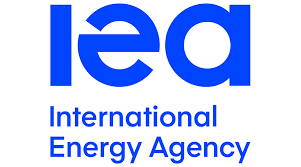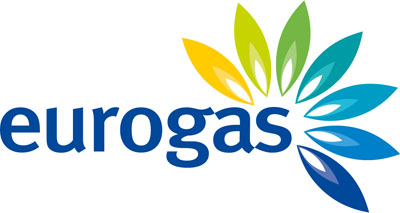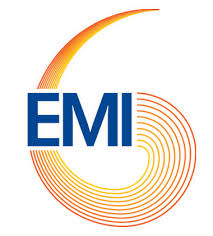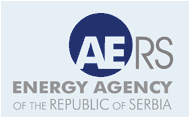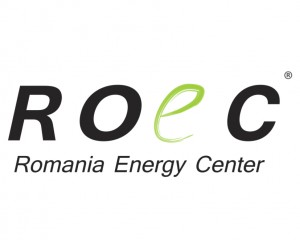Lithuania, Latvia, Estonia and Poland will sign a political agreement with the European Commission later on Thursday in order to synchronize Baltic power grids with continental Europe via Poland, according to a statement from the Lithuanian president's office.
With the new agreement, the Baltic electricity grids will be fully disconnected from the Soviet system circuit before 2025.
LitPol, the interconnection that links Lithuania and Poland's power grids, will be used for the synchronization of the grids with the European network, the statement said.
In use since December 2015, LitPol has a capacity of 500 megawatts and an estimated service life of 50 years. It also ensures interconnections with Estonia, Latvia, Sweden, Denmark and Germany.
The agreement, which will be signed by Lithuanian President Dalia Grybauskaite, European Commission President Jean-Claude Juncker and the prime ministers of Latvia, Estonia and Poland, will eventually ensure Lithuania's energy independence, the statement added.
Cooperation among the Baltic countries has allowed countries like Lithuania, which had been heavily dependent on Russia, to become more energy independent.
In December 2015, after living 25 years with the Soviet electricity system, Lithuania developed two new links and gained electricity independence for the first time from Russia.
NordBalt, the country's other joint project with Sweden, connects the two countries with a link that supplies 700 MW of electricity, which is enough to meet 70-80 percent of Lithuania's power demand on a warm summer day.
The NordBalt link with a 30-year service life has improved the energy market of Lithuania, which for many years, had no option but to buy electricity mostly from Russia.
Both the NordBalt and LitPol have enabled Lithuania to tap into the European electricity system and also send electricity to Latvia and Estonia.
The country has also broken its natural gas dependence from Russia with the Klaipeda liquefied natural gas terminal, which started to operate in December 2014.
(Anadolu Agency, 28/06/2018)




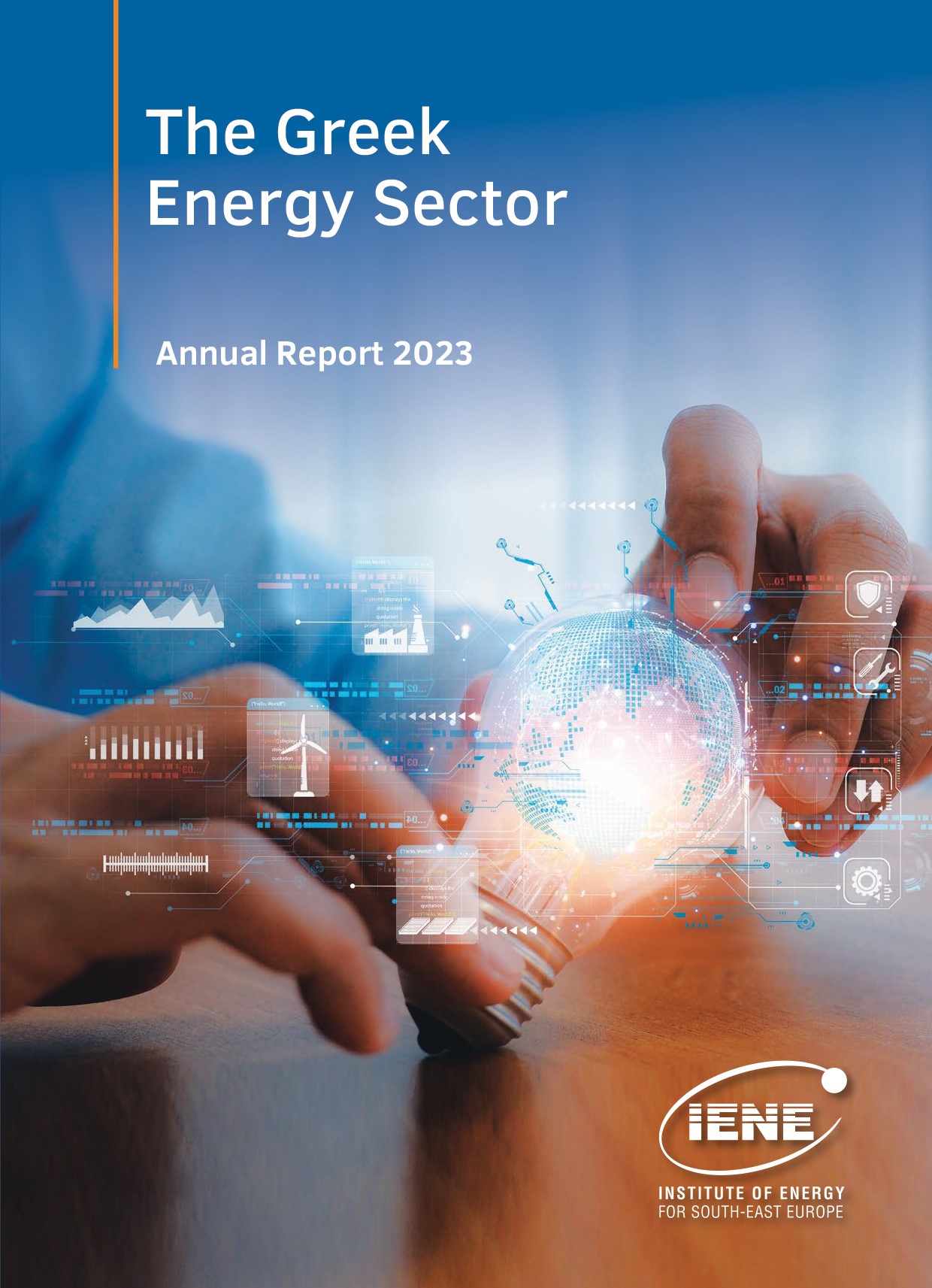
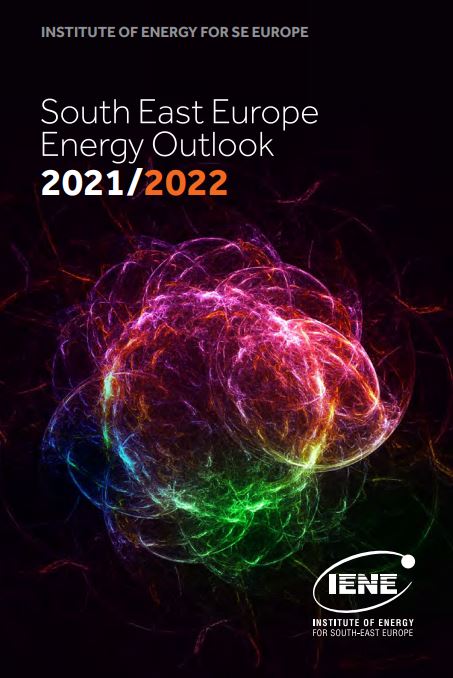
 More
More
